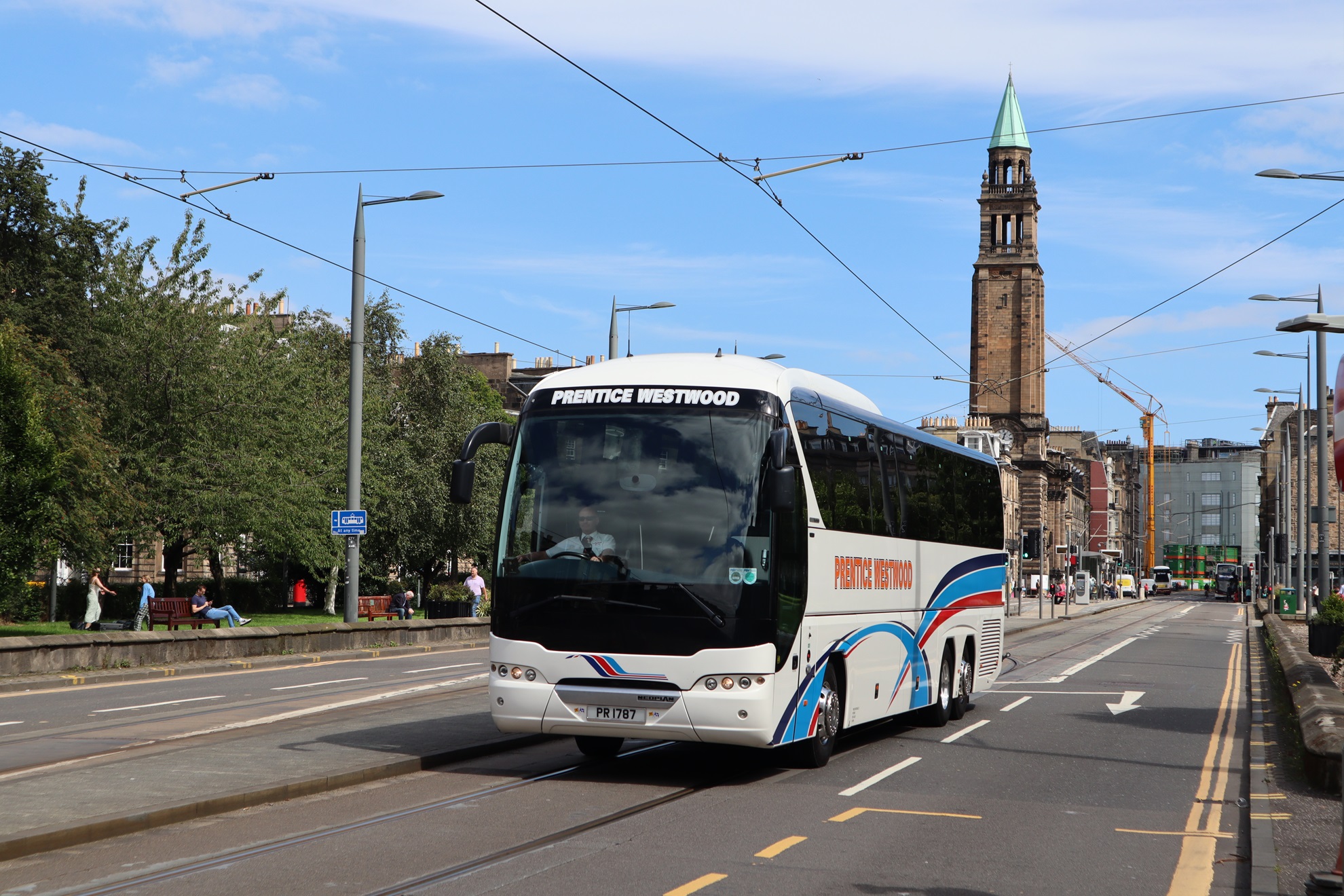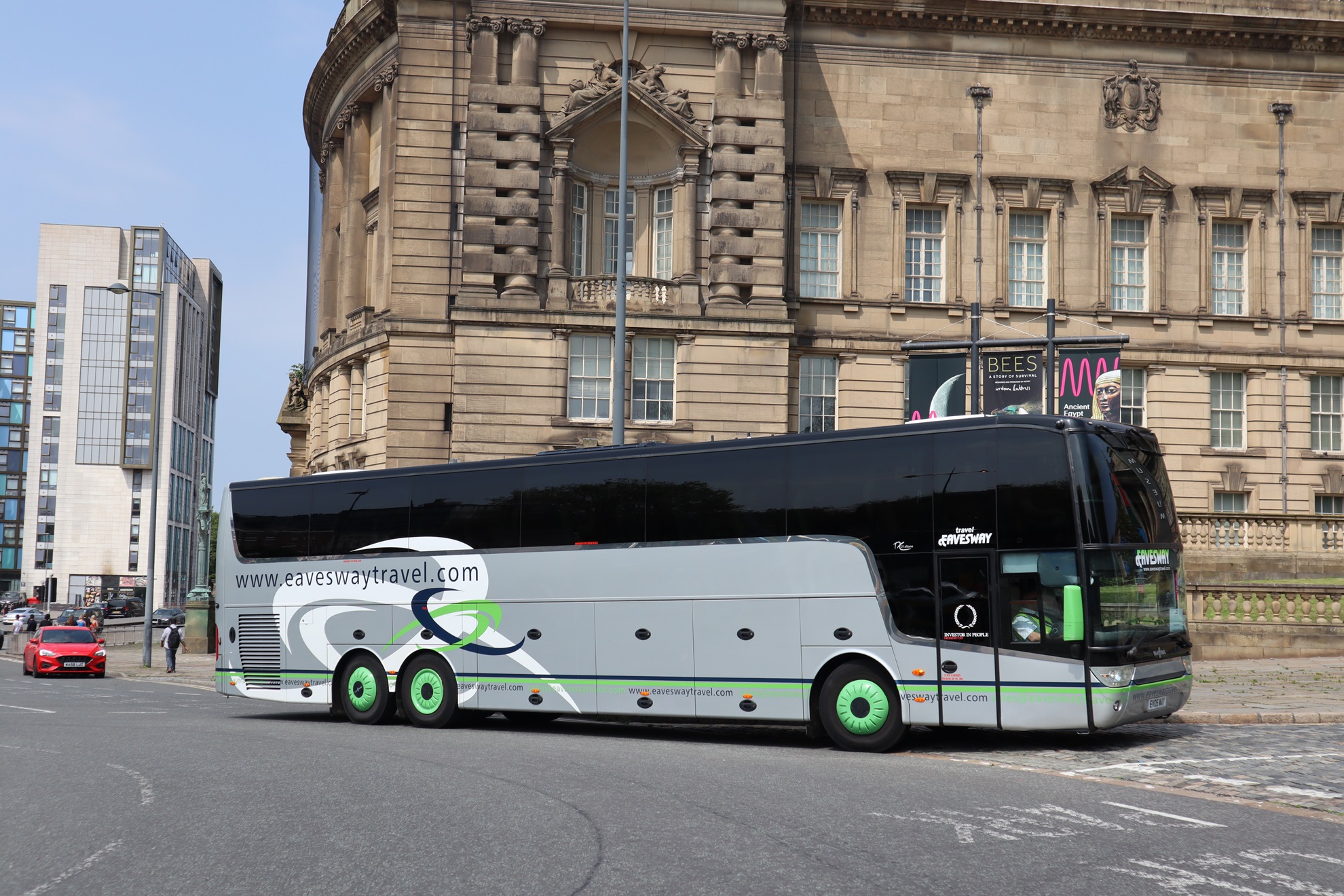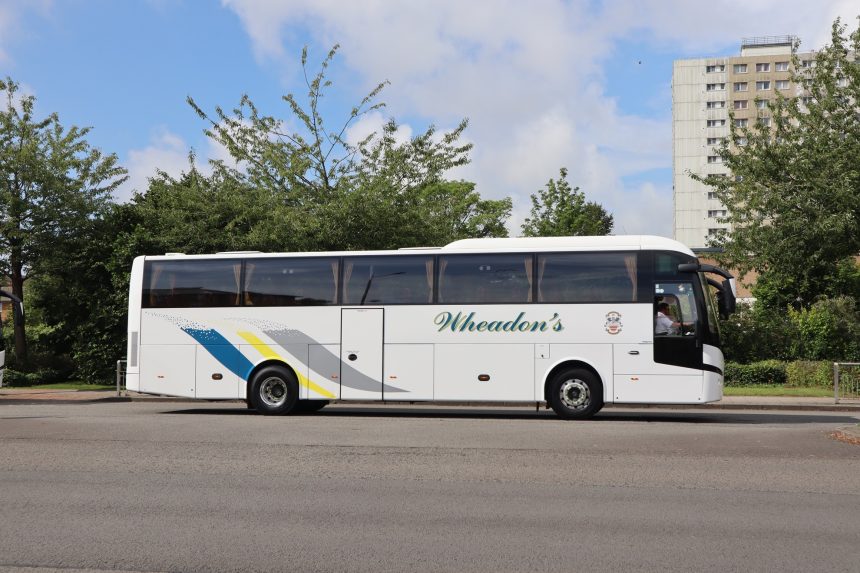Coach passengers spend £8.3 billion per year in local economies and the mode delivers 450 million passenger journeys over the same period while supporting 81,000 jobs, a report into the economic impact of providing and using coach services in Britain commissioned by the Confederation of Passenger Transport (CPT) and produced by KPMG has found.
That multi-billion-pound annual injection forms one of three economic impact streams of coach services:
- Economic impact of coach passengers interacting with local economies: £8.3 billion
- Economic activities of those involved in the provision of coach services: £6.4 billion
- Economic and social activities of coach passengers: £2.5 billion.
The latter metric includes increased connectivity and more affordable travel; impacts on other road users; and the option of having coaches as a mode.
Of the £8.3 billion coach passenger spend in local economies, £3.5 billion is from day trips and around £2.3 billion is via passenger outlay on leisure and shopping. Domestic coach users who stay overnight at their destination contribute £1.9 billion, while international tourists spend over £600 million, the analysis found.

54,000 people are employed directly in the coach industry, and it supports a further 27,000 positions in the supply chain. The £6.4 billion that those jobs contribute to the economy includes wages, taxes, profit and investment into the supply chain; spend by that supply chain; and spending by employees in operations and the supply chain.
The coach industry’s impact is “particularly pronounced” in areas with rural populations and less extensive rail services, while the sector is a notable employer with high concentrations of jobs in locations such as Cornwall, the Scottish Highlands and mid-Wales, CPT says.
On a more granular level, the report states that the coach industry generates almost £1.6 billion in wages per year and almost £200 million in operating profits over the same period.
CPT adds that for towns, cities and tourist attractions to maximise the economic impact of coach, they “must plan… so they offer adequate coach parking and good facilities for both passenger and coach drivers as part of their sustainable travel and tourism strategy.”

The report also considers the further economic benefits that could be realised by increased use of coaches. It notes that there are multiple ways for national and local governments to encourage that, albeit with the caveat that current support for the industry is “limited.”
Among potential levers that could otherwise be pulled are investment in coach stations, fast charging facilities for battery-electric coaches, improved driver facilities, and better signage and parking provision.
Where a single trip of one night’s duration is considered, the document says that a 10-seat minicoach can unlock benefits of £1,239; a 49-seater, £6,073; and a 65-seater, £8,056.
Figures for shopping and leisure trips, day trips, and seven-night international trips are adjusted accordingly, but in the latter case, the report authors believe that for a 65-seater, benefits of £46,117 are unlocked.
CPT CEO Graham Vidler adds that where a town or city welcomes one extra coach every day “could bring up to £1 million per year into their local economy.”
The Confederation has highlighted its Coach Friendly status as recognising work done by local authorities and attractions to attract more coach traffic. Several locations have already gained or renewed that accreditation in 2024, including Durham and Northallerton during August. Blackpool will be reaccredited on 17 October.
Report in full available here.



























